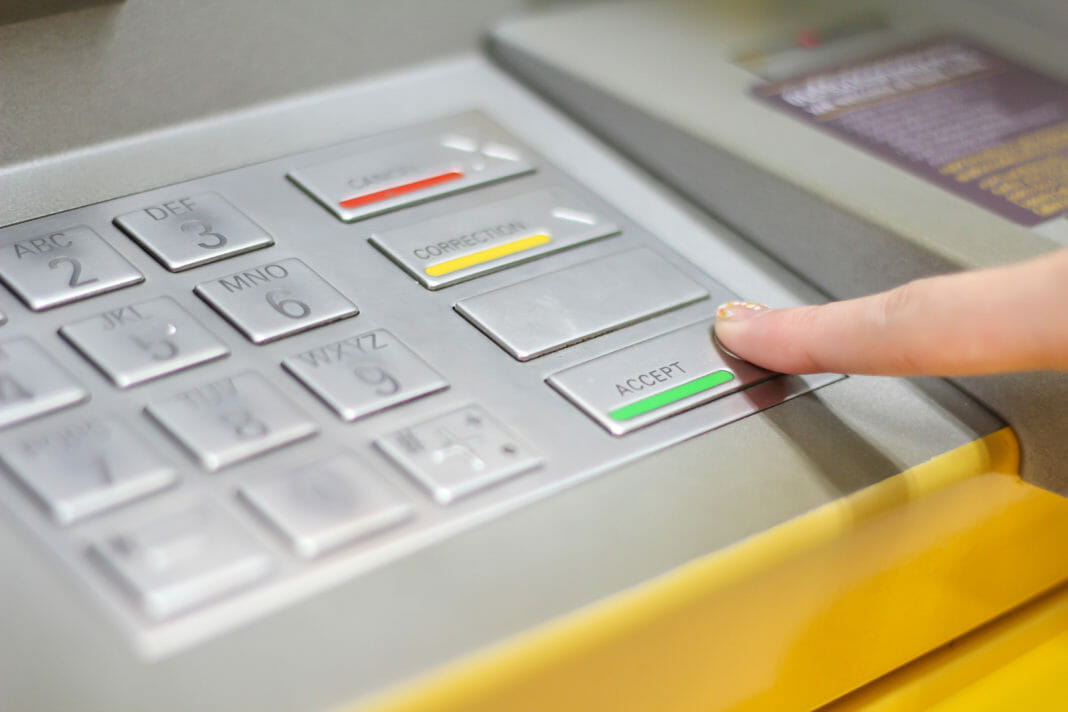Mykonos and Santorini are the most visited Greek tourist destinations, but ATMs on the mainland have the most traffic. Although tourism contributes to the Greek economy, the demand for cryptocurrencies falls in the high season.
Greece is famous worldwide for its idyllic beach tourist attractions and relaxed lifestyle. According to the World Travel and Tourism Council, tourism generated more than a fifth of its GDP before the COVID-19 pandemic.
In 2022, a record number of travelers visited the Southeastern country during its summer tourist season. According to Vassilis Kikilias, the Tourism Minister, Greece received almost 1 million arrivals weekly, only in August.
According to a report on summer tourism from ForwardKeys, Greece has six of the top ten sun and beach resorts in Europe. These include the island destinations Mykonos, Thira (Santorini) and Heraklion (Crete), and Thessaloniki. Meanwhile, Athens, the capital of Greece, occupies third place regarding urban destinations.
Greece Is the Sixth Country regarding the Number of Cryptocurrency ATMs
Greece ranks sixth regarding the number of cryptocurrency ATMs among the 27 member states of the European Union. It has 64 active devices available, of which Athens and Thessaloniki share more than half.
However, some ATMs are available in the trendy island destinations Mykonos, Santorini, and Crete. Dimitrios Tsangalidis, the CEO and co-founder of BCash, talked about how cryptocurrencies influence or affect the tourist season in Greece.
Tsangalidis said that ATMs on the mainland have the most traffic, although Mykonos and Santorini are the most popular tourist destinations. He highlighted that this is especially true of central Athens, which received the first ATM, and Thessaloniki.
However, he pointed out the presence of a very loyal cryptocurrency crowd in Crete, the most populated island and a popular tourist destination.
Athens and Thessaloniki Meet Regularly to Support the Cryptocurrency Community
The Greek-speaking University of Nicosia in Heraklion is working to create and support a local blockchain community. In addition, Athens and Thessaloniki regularly hold meetups to help the cryptocurrency and blockchain community.
According to Tsangalidis, tourism does not translate to the crypto scene, although it strengthens parts of the Greek economy. He said that the demand for cryptocurrencies falls in the high season. Regarding regular traffic, the decline can also compare to locals going on vacation.
Blockchain Technology May Help Bring Security and Transparency to Tourism
According to Tsangalidis, Greeks need to become more about cryptocurrencies and their helpfulness in their daily lives. He explained that the influence on local tourism could only be apparent through a general adoption of cryptocurrency.
Tsangadalis also said there is little infrastructure or adoption by Greek companies and local governments. He pointed out that adoption will follow if the government becomes crypto-friendly and businesses receive approval.
Angela Gerekou, president of the Greek National Tourism Organization, said they are exploring how blockchain technology can bring security and transparency to the industry.
Meanwhile, Bitcoin (BTC) is trading at around USD 19,230 and has accumulated a 0.1% loss over the last 24 hours. While its daily trading volume is above USD 48.37 billion, its market capitalization is about USD 367.42 billion, according to CoinGecko.
By Alexander Salazar











